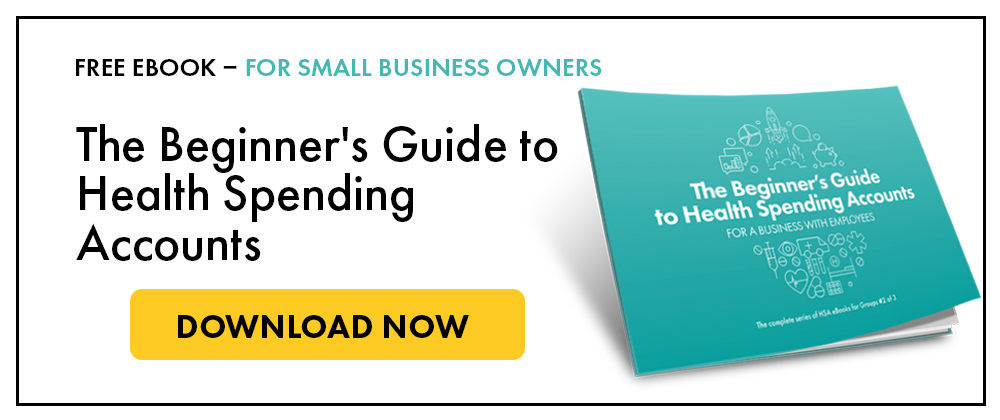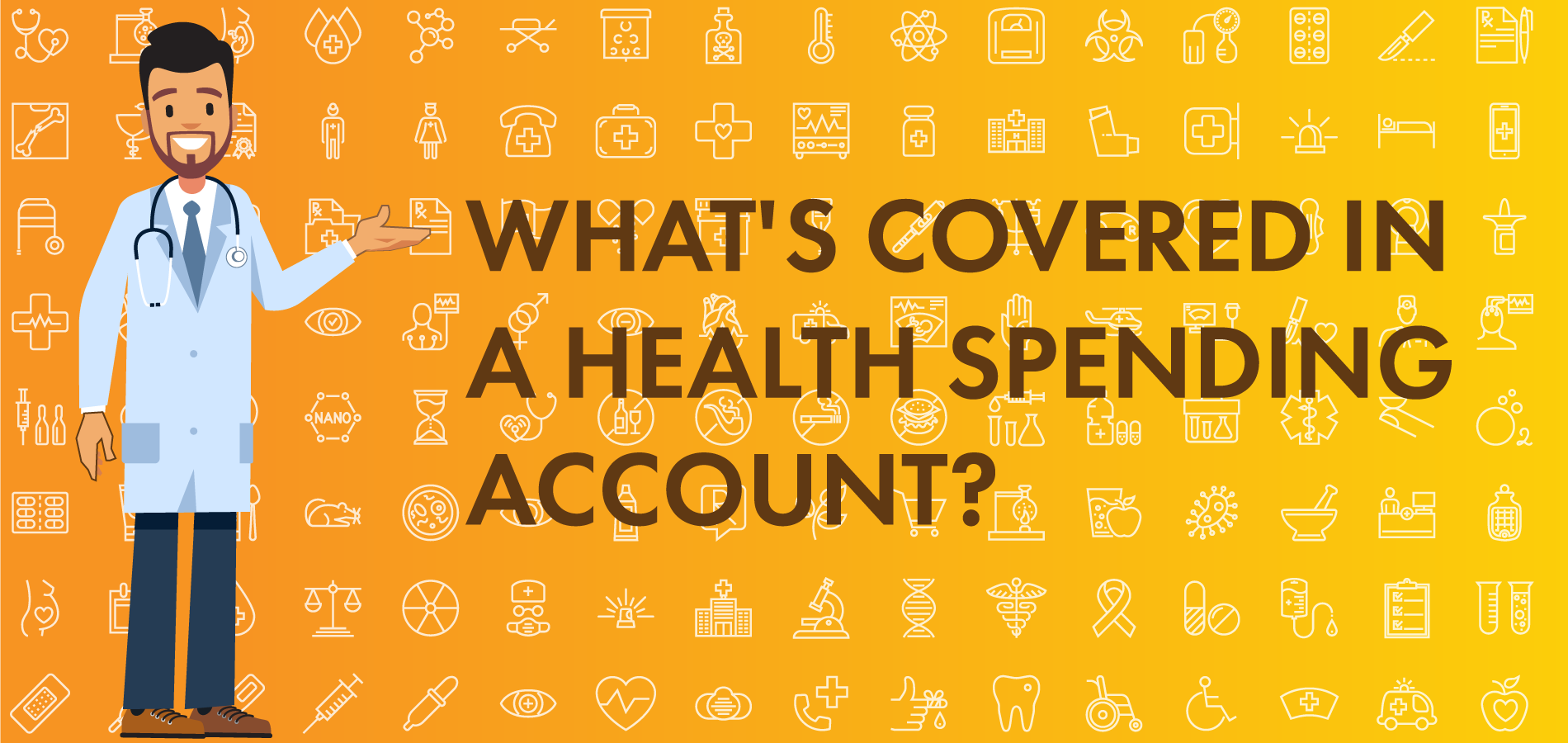To attract and retain top talent, many organizations offer employer extended health insurance to their staff. Previously, only large companies and governments were able to provide group health insurance; now there are plans for small businesses and even self-employed individuals.
Provincial medical plans cover many health costs, including visits to doctors, emergency room trips and surgery. However, not everything is included. In fact, about 30 percent of healthcare costs of Canadians are paid through insurance or out of pocket.
That’s where extended health care benefits can be so important. They help to defray these costs and serve as a safety net in the event of a sudden healthcare crisis.
What is an Extended Health Care (EHC) Plan?
These plans pick up where provincial healthcare coverage ends. Some of the typical benefits are:
-
Vision care, such as contact lenses and prescription eyeglasses
-
Prescription drugs
-
Medical equipment, including oxygen, wheelchairs and walkers
-
Services such as physiotherapy, massage, and personal counselling
EHC plans vary widely between companies and even within insurance firms, which may offer a basic plan for prescriptions and a deluxe package with everything under the sun.
How much does Extended Health Care cost in Canada?
That is a tough question. It really depends on the benefits that you choose and the deductibles/co-payments. Employers need not worry – it’s easy to find low cost group insurance that meets your needs.
Some plans start as low as $70 per month. However, prescription drugs and dental care aren’t covered. These plans provide insurance for accidental dental treatments and travel emergencies.
Or you can get a deluxe plan with a wide range of health care benefits. A couple with one child and living in Ontario will pay around $640 per month. This includes prescription drugs, dental and services such as massage. However, even deluxe plans may provide only partial reimbursement, such as covering 80 percent of the cost of prescription drugs.
Hospital accommodations
Provincial plans usually cover the cost of your hospital room. However, if you would like to have a semi-private or private room, extended health care will deliver this under your benefits. Sorry, but they can’t do anything to improve the hospital food!
Catastrophic health insurance
This is special insurance specifically designed to cover the risk that you will need expensive drug treatment for cancer or another disease. Or in case you have an accident requiring months of physiotherapy and nursing care.
Why catastrophic insurance?
Most employer extended health insurance plans provide limited drug reimbursement or cover only a handful of physio visits. Catastrophic health insurance protects you from financial disaster.
Here’s an example of how it works: You pay for the cost of drugs up to an annual limit of $4,500. This means that catastrophic insurance does not cover basic prescriptions for birth control, skin rashes and other routine conditions. However, let’s say you need a cancer drug that costs $25,000 per year. Once you have paid the first $4,500, the catastrophic health insurance reimburses you for 100 percent of the cost.
Increasingly, chemotherapy is being administered at home. While provincial plans cover in-hospital drug treatments, you are on your own if you are given a prescription to take a drug after you leave the hospital. This is a case where catastrophic health insurance can help.
Is catastrophic health insurance right for you? It could be if you lie awake at night wondering how you would pay the drug bills in the event of a serious illness or accident.
What’s new in benefits?
Group health insurance plans are increasingly leveraging technology to provide additional benefits to their members. For example, some plans feature telemedicine appointments in which practitioners diagnose illnesses and write prescriptions. A few insurers even have mental health counsellors on duty 24/7 to take calls from members in distress.
What’s a Health Care Spending Account (HCSA)?
These accounts cover a wide range of health and dental services. Usually, employers set a specific amount per year for each employee. He or she can then choose how to spend the money, whether for fertility treatments, specialized dental care, or another need.
Health care spending accounts can serve as a supplement to basic employer extended health insurance. Or it can be a complete alternative to traditional benefits.
Employees like health care spending accounts because it gives them more control over their benefits. For example, if your child needs braces (not usually covered under dental plans), you can spend your HCSA funds on this.
Health care spending accounts deliver tax benefits as well. The Canada Revenue Agency considers them a non-taxable benefit for employees. Employers can claim a business expense for the accounts, as well as the administration charges and fees.
Learn about using Health Spending Accounts for your benefits:

If you are an incorporated individual (sole owner or owner plus spouse), download this guide instead:









